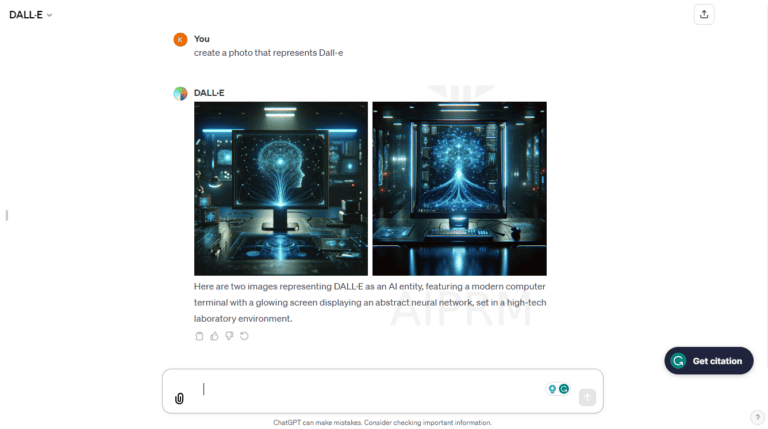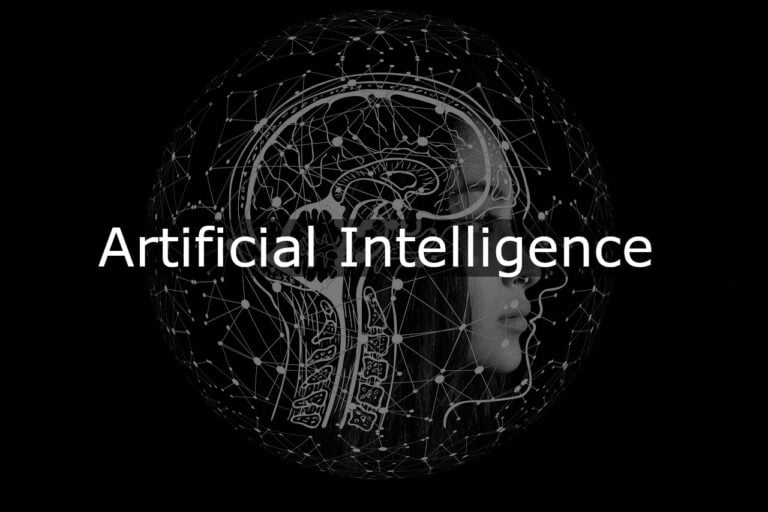Businesses are benefiting from AI tools that make tasks easier and workflows more efficient. These tools range from chatbots like ChatGPT to platforms such as IBM Watson, which can analyze data and automate processes. They enhance productivity by offering tailored solutions for various business needs, such as creating engaging videos or generating natural-sounding speech. Synthesia is a notable AI tool that allows users to create videos from text using over 140 avatars and more than 120 languages.
It’s popular among marketers and sales teams for its ease of use and customization options. Tools like these offer significant value by simplifying complex tasks and improving customer engagement through automated and personalized content. For those looking to stay ahead in the tech space, understanding and utilizing the right AI tools is crucial. Businesses can streamline operations, boost productivity, and stay competitive by using these AI tools, which can automate customer service interactions and generate detailed data insights.
Boosting Productivity with AI in the Workplace
Artificial intelligence (AI) has become a game-changer for businesses, offering various tools to streamline tasks, improve decision-making, and boost overall efficiency. These tools range from simple chatbots to sophisticated data analysis platforms. Let’s explore some popular AI tools available and how they enhance efficiency in the modern workplace.
Chatbots and Virtual Assistants
Chatbots and virtual assistants automate customer service interactions, freeing up human agents for more complex tasks. They can handle simple inquiries, provide support, and even schedule appointments. This leads to faster response times, improved customer satisfaction, and cost savings.
Data Analysis and Business Intelligence
AI-powered data analysis tools can quickly process vast amounts of information, identifying patterns, trends, and insights that would take humans much longer to uncover. This enables businesses to make data-driven decisions, predict future trends, and identify potential risks and opportunities.
Natural Language Processing (NLP)
NLP tools enable machines to understand and interpret human language, making them valuable in tasks like sentiment analysis, translation, and content creation. NLP can automate content creation, improve customer service interactions, and analyze customer feedback to gain valuable insights.
Robotic Process Automation (RPA)
RPA automates repetitive and rule-based tasks, such as data entry, invoice processing, and report generation. This reduces errors, speeds up processes, and allows employees to focus on higher-value activities.
AI-Powered Project Management Tools
These tools use AI to help teams prioritize tasks, track progress, and allocate resources efficiently. They can predict project timelines, identify potential bottlenecks, and automate repetitive project management tasks.
Comparison of AI Tools for Workplace Efficiency
| AI Tool Type | Use Cases | Benefits |
|---|---|---|
| Chatbots & Virtual Assistants | Customer service, support, scheduling | Improved response times, increased customer satisfaction, cost reduction |
| Data Analysis & Business Intelligence | Identifying trends, predicting outcomes, data-driven decision-making | Faster decision-making, improved accuracy, risk mitigation |
| Natural Language Processing (NLP) | Sentiment analysis, translation, content creation | Automated content, improved customer interactions, deeper insights |
| Robotic Process Automation (RPA) | Data entry, invoice processing, report generation | Reduced errors, increased speed, improved employee morale |
| AI-Powered Project Management Tools | Task prioritization, progress tracking, resource allocation | Increased efficiency, improved collaboration, accurate timelines |
Key Takeaways
- AI tools can boost productivity by automating tasks.
- Popular AI tools like Synthesia and IBM Watson offer diverse capabilities.
- Utilizing the right AI tools is crucial for modern businesses.
AI Tools Classification and Applications
AI tools are transforming many industries with a wide array of applications. This section explores different types of AI tools and their specific uses, from development platforms to business process automation.
Machine Learning and Development Platforms
Machine learning platforms help developers build, train, and deploy models. Google Cloud AI and Microsoft Azure AI are popular choices. They offer tools for natural language processing, image and video recognition, and predictive analytics. IBM Watson integrates easily with IBM Cloud, providing robust machine learning services. Python libraries like TensorFlow and PyTorch aid in creating neural networks and deep learning models. These tools simplify the development of AI applications, enhancing capabilities in coding and pattern recognition.
Content Creation and Editing Solutions
AI content creation tools like Jasper and Writesonic assist in writing engaging content. Grammarly ensures grammatical accuracy and improved writing style. For multimedia tasks, Synthesia and Murf offer text-to-speech and video creation features. Descript is a versatile tool for audio and video editing, while DALL-E 2 and MidJourney generate images from text prompts. These tools streamline content production, aiding marketers and media professionals.
Communication and Collaborative Tools
AI-powered tools enhance communication and collaboration. Zoom, Teams, and Slack integrate AI for scheduling, project management, and meeting notes. Google’s AI capabilities in Google Meet help with live captions and noise cancellation. These tools improve team coordination and productivity. AI chatbots like ChatGPT facilitate customer support in communication channels, providing timely responses and managing inquiries efficiently.
Business Process Automation
Automation tools optimize business processes. Chatbots and virtual assistants handle customer inquiries, while AI systems streamline tasks in sales and marketing. Automation tools integrate into customer service platforms to enhance response times. Predictive analytics help in forecasting sales and financial planning. By automating routine tasks, businesses can focus on strategy and growth.
AI Interfaces and User Experience
AI enhances user interfaces and experiences. Microsoft and Google use AI in their mobile apps and search engines to predict user needs and personalize content. Neural networks improve interaction patterns, making apps more user-friendly. Generative AI tools like DALL-E enhance visual content, providing a rich user experience. These innovations make digital interfaces more intuitive and responsive.
AI in Professional Services
AI tools streamline professional services like finance, healthcare, and legal work. Predictive analytics provide insights into market trends and customer behavior. In healthcare, AI supports disease diagnosis and patient management. In legal services, automation tools handle document review and case management. AI’s integration in professional fields ensures precision and efficiency.
Customer Engagement and Personalization
AI tools enhance customer engagement by personalizing user experiences. AI-based systems analyze customer data to tailor marketing campaigns. Predictive analytics forecast customer behavior and preferences. AI-powered chatbots and virtual assistants provide personalized support. Voice recognition and text-to-speech tools like Murf and Synthesia offer customized interactions. These tools ensure that companies can better meet customer needs.
By covering key aspects of AI applications, this section provides a detailed look at how AI tools can be utilized across various domains.
Frequently Asked Questions
This section covers some common questions about AI tools, focusing on their applications in various fields, as well as considerations for selecting the best AI tools for your needs.
What are the top-rated AI tools currently used in industry?
Some of the most popular AI tools include OpenAI’s GPT-4 for language processing, Synthesia for video creation, and GitHub Copilot for coding assistance. These tools help businesses automate tasks, create content, and improve productivity.
Which AI tools are accessible at no cost for academic purposes?
Several AI tools offer free versions suitable for academic use. Examples include Google Colab, which provides free access to powerful computing resources, and IBM Watson, which has free tiers for students and educators. These tools can be used for research and educational projects.
Can you recommend any AI-based applications suited for professional use?
Professional use AI applications include Salesforce Einstein for customer relationship management, Grammarly for writing enhancement, and Tableau for data visualization. These applications help improve efficiency and decision-making in various professional settings.
How do I choose the best AI tool for my business needs?
To choose the best AI tool, consider the specific tasks you need to automate, your budget, and the ease of integration with existing systems. Research and compare features, user reviews, and pricing plans to make an informed decision.
What are the leading AI tools available for developers?
Leading AI tools for developers include TensorFlow for machine learning, GitHub Copilot for code completion, and PyTorch for deep learning. These tools provide robust support for developing and deploying AI models.
Are there any AI platforms that offer free services without compromising on quality?
Yes, some AI platforms offer high-quality free services. Examples include OpenAI’s GPT-3 playground for experimenting with text generation and Hugging Face for accessing a wide range of pre-trained models. These platforms provide powerful tools without the need for a paid plan.







